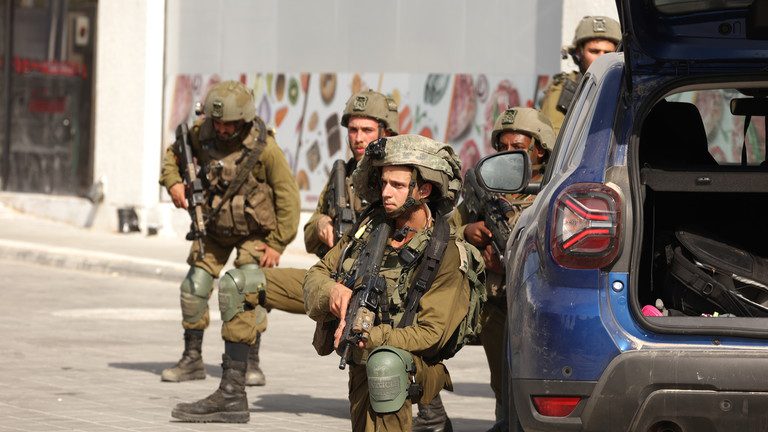World
Arab nations respond to the unexpected attack on Israel

Arabs from around the world have urged caution as the IDF retaliates against Palestinians.
Following the commencement of the largest attack in years on Israeli land early on Saturday morning, a number of Arab nations have urged for “restraint” and a de-escalation of hostilities.
The Gulf nation of Qatar, which does not maintain diplomatic ties with Israel, declared on Saturday through its foreign ministry that Israel bears primary responsibility for the so-called “Al-Aqsa Storm” operation carried out by Hamas.
Doha also expressed its willingness for both parties to the conflict to exhibit caution and urged the international community to make sure that Israel does not take the incident as justification for retaliating in a “disproportionate” way against Gaza-based Palestinians.
A second nation without official diplomatic connections to Israel, Saudi Arabia, also made a statement on X (formerly Twitter) stating that it was “closely following up on the unprecedented developments” between “Palestinian factions and the Israeli occupation forces.”
According to the Saudi foreign ministry, it has frequently “warned of the dangers” that could arise “as a result of the continued occupation” and for “depriving the Palestinian people of their legitimate rights.”
Moscow and Kiev respond to the escalation in Israel-Palestine
Learn more. Moscow and Kiev respond to the escalation in Israel-Palestine
Both Saudi Arabia’s and Israel’s top leaders have expressed a willingness to normalise relations in recent weeks, and it is believed that the US is actively discussing the specifics. In a statement earlier this week, Hamas stated that it holds the “unwavering position of rejecting all forms of normalisation and contact with the Israeli occupation.”
READ ALSO: Moscow and Kiev respond to the escalation in Israel-Palestine
Early on Saturday, Hamas terrorists crossed into Israeli territory, and certain communities in the south of the country looked to be under their control. According to Israeli authorities, more than 2,000 missiles were fired from Gaza. Israel’s health ministry reported on Saturday afternoon that at least 40 people had died and more than 500 had been hurt. Additionally, reports claim that undetermined numbers of Israeli residents and military have been kidnapped.
Egypt, meanwhile, issued a warning about the possibility for “grave consequences” if tensions between Israel and the Palestinians continue to rise. Both parties were urged to use “maximum restraint” and “avoid putting civilians in further danger,” according to the country’s foreign ministry.
Both sides in the crisis “must refrain from aggressive acts,” according to Turkish President Recep Tayyip Erdogan, who made this statement on Saturday at the AK Party assembly in Ankara. In the occupied East Jerusalem, he forbade “any kind of attempt” to undermine or disrupt the “historical and religious status” of the Al-Aqsa mosque.
Hezbollah, a militant organisation with a base in Lebanon, also declared in a statement on Saturday that it was “in direct contact with the leadership of the Palestinian resistance.” Additionally, it stated that the attack by Hamas may be seen as a “decisive response to Israel’s continued occupation and a message to those seeking normalisation with Israel.”
Hezbollah did not explicitly indicate that it will back the attack militarily in its statement, though.
